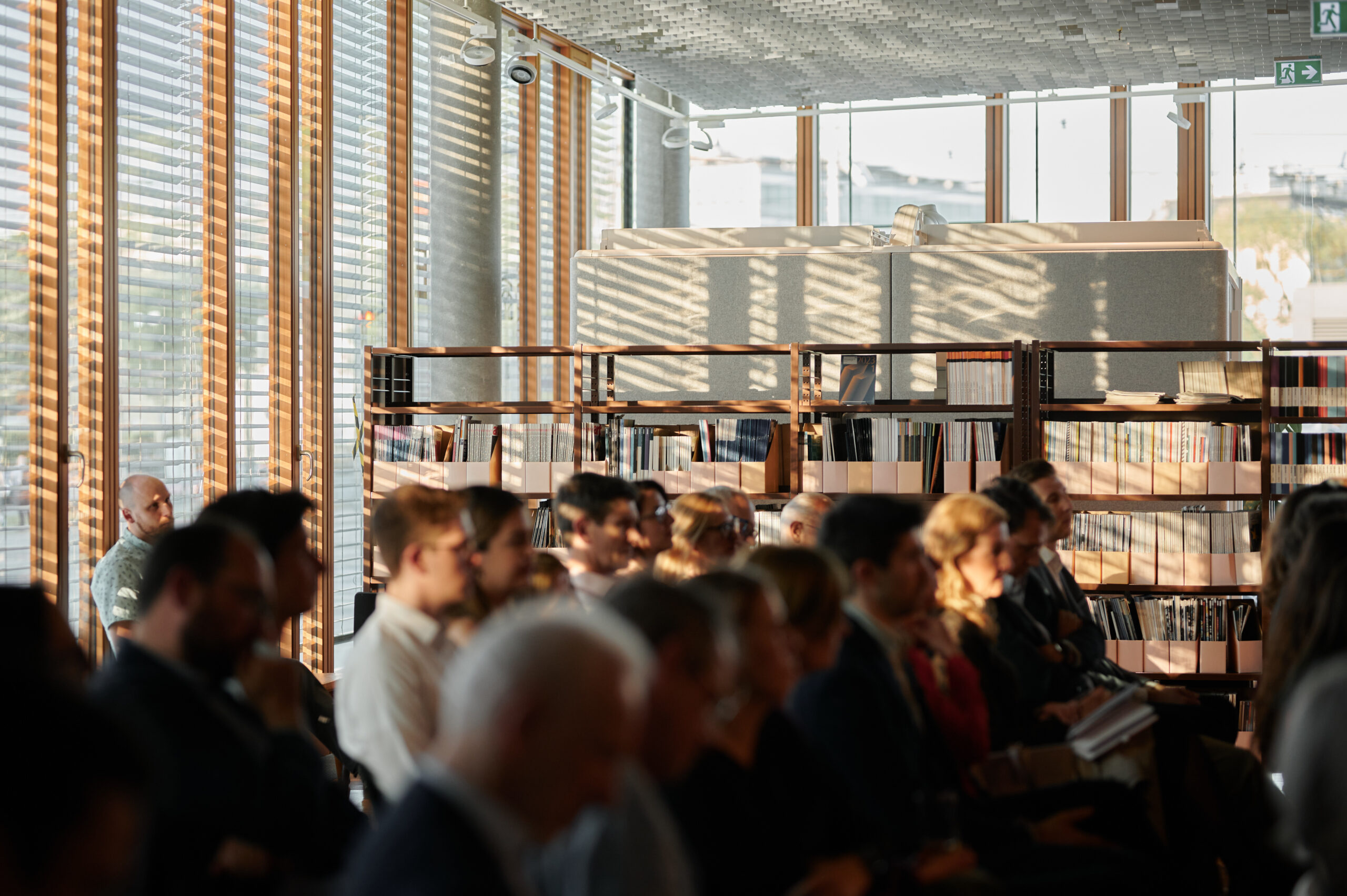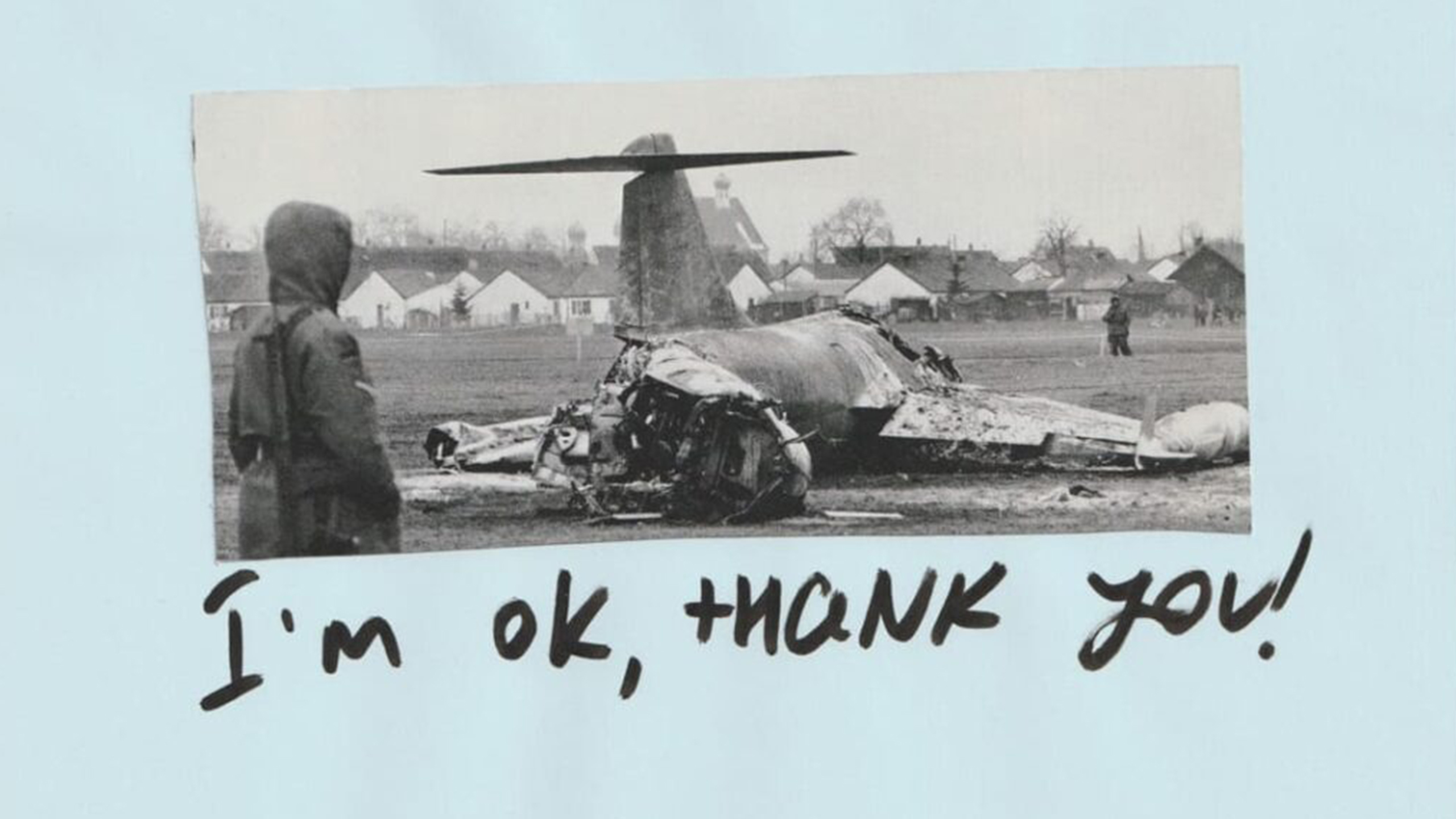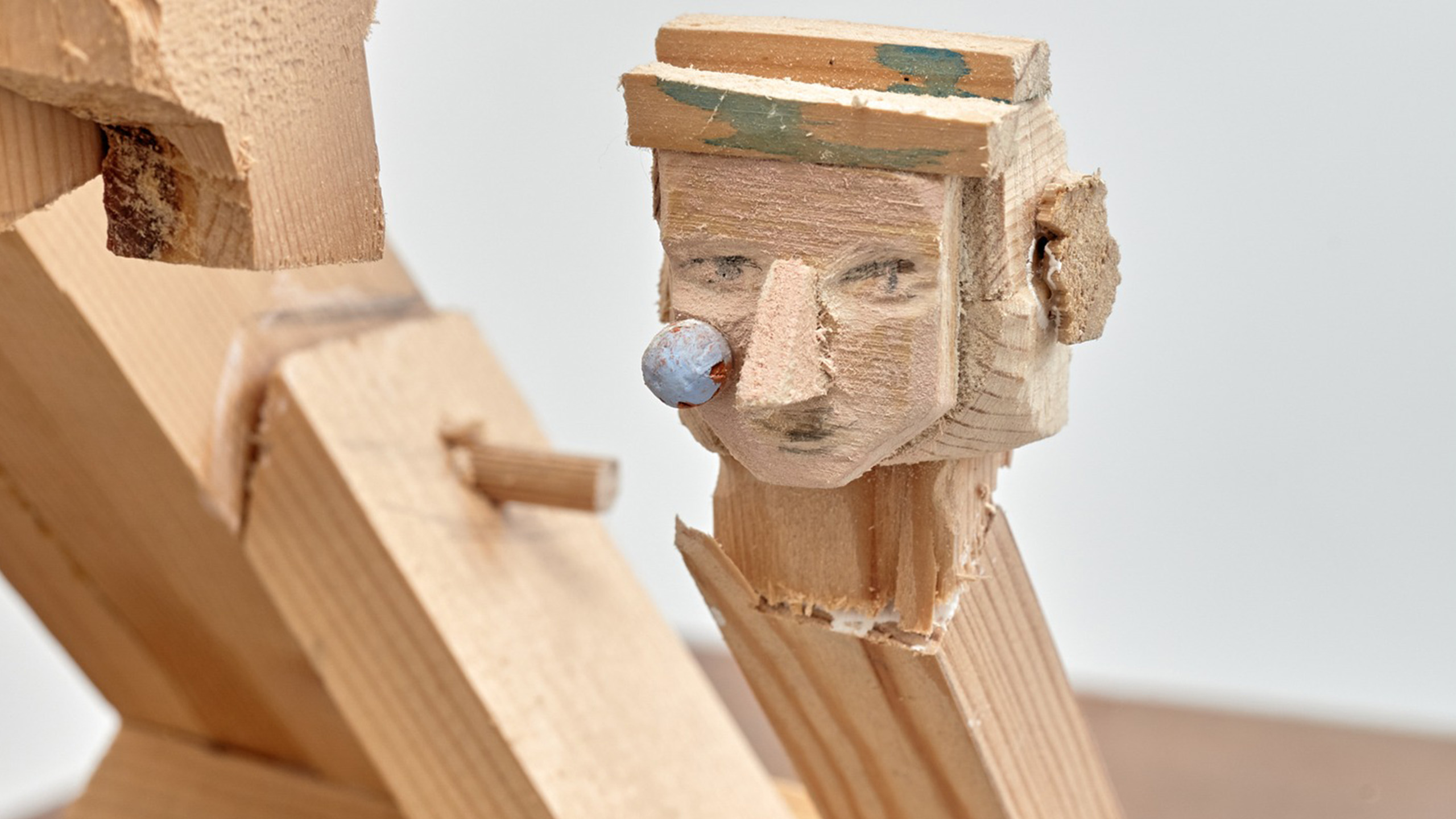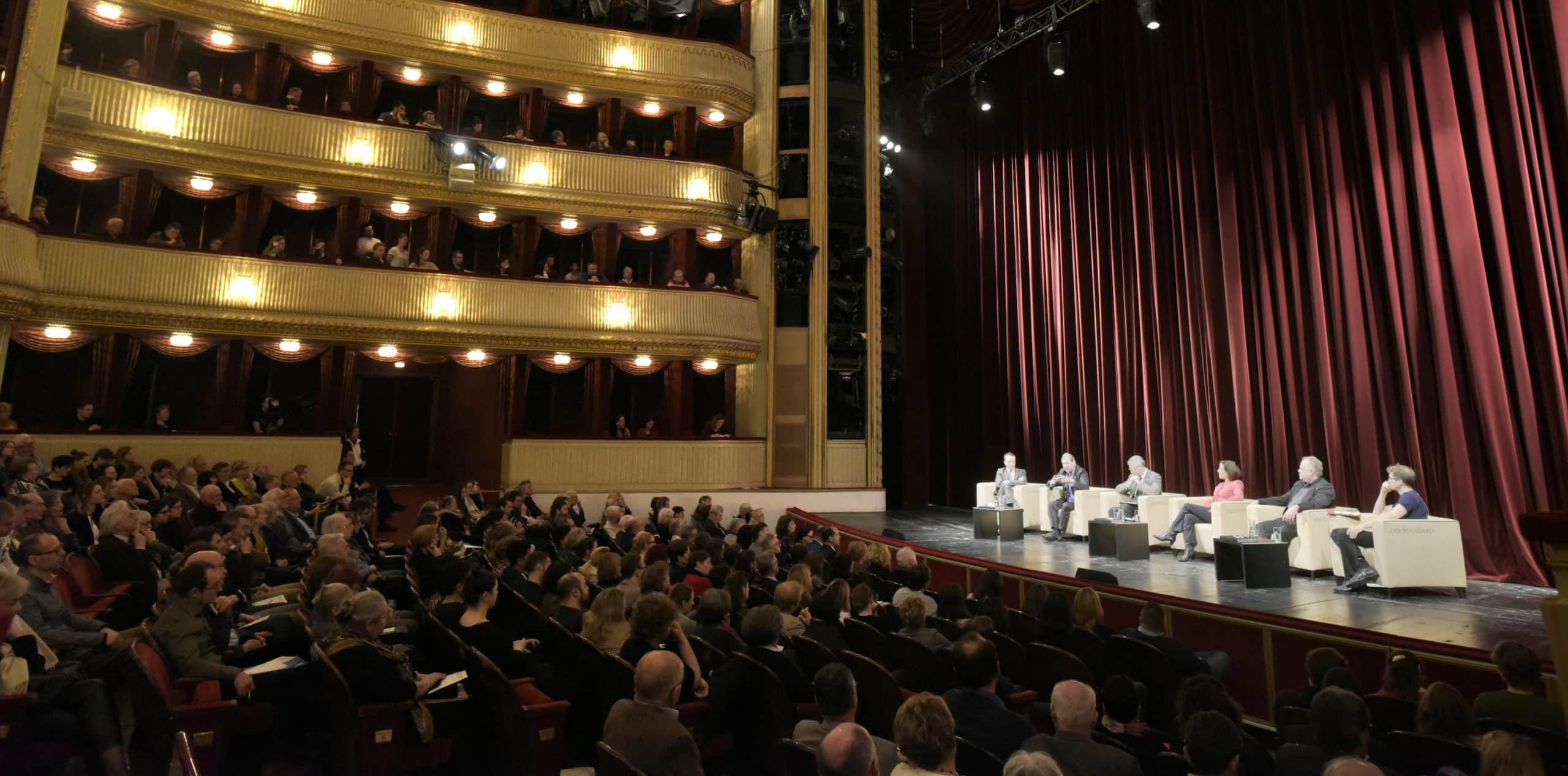Journal
4 November 2025
Reading Time: 10'
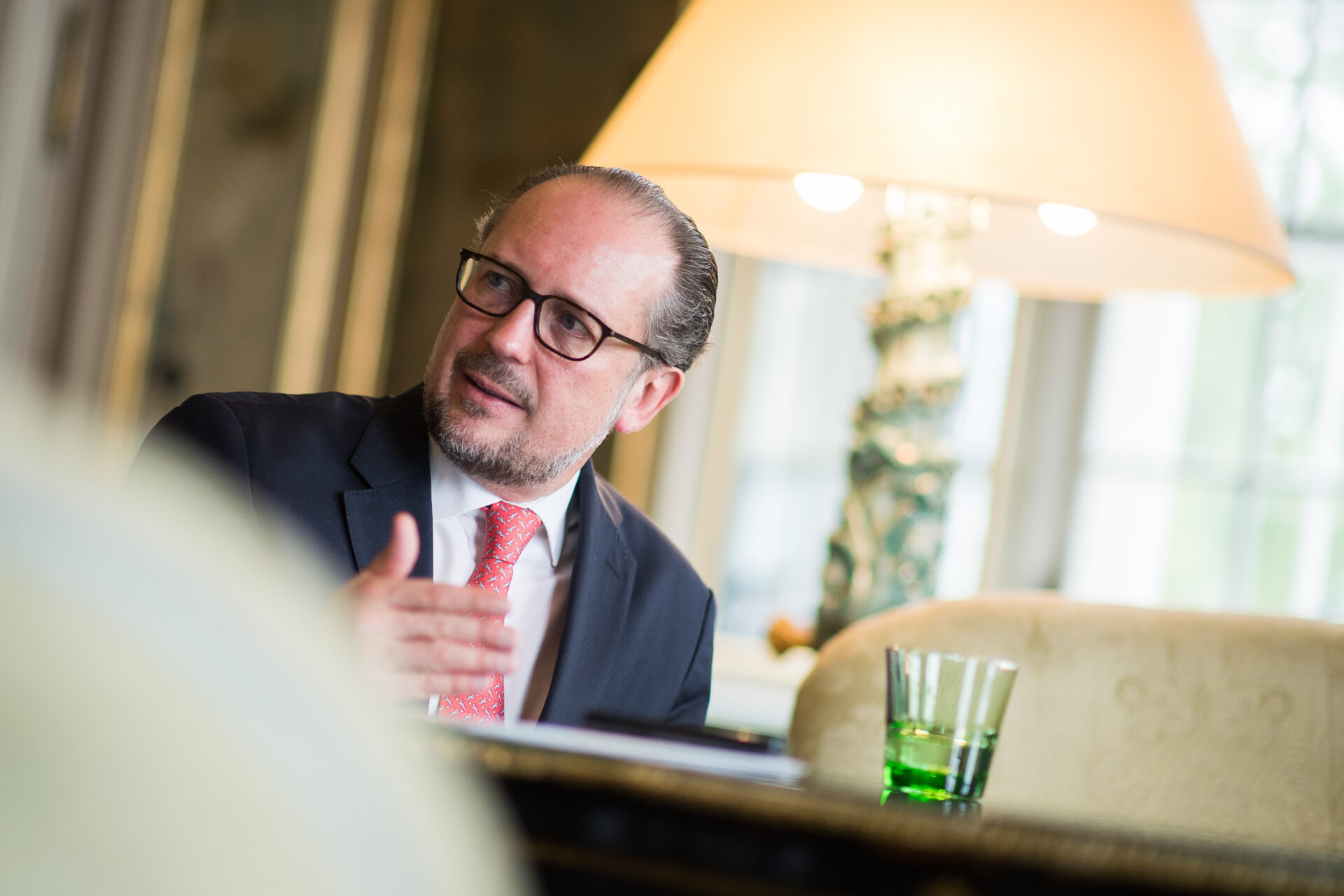
Three questions to Alexander Schallenberg
Alexander Schallenberg, former Austrian Chancellor and Minister for Foreign Affairs, serves as president of the Europe’s Futures Initiative – EFI.
ERSTE Foundation Europe is in the midst of a multipolar crisis: From increasing geopolitical risks and aggression to rising populism and rapid social and technological change. Does Europe find itself at the crossroads so often talked about? And if it does – how can it choose the right direction to deal with the most pressing challenges it faces?
Alexander Schallenberg »If we want things to stay as they are, things will have to change« – I think this much-quoted line from Lampedusa’s »The Leopard« really encapsulates the current moment for Europe. Fundamentally, it’s about recognising how deeply geopolitics and economics are interwoven: whether it’s the weaponisation of energy by President Putin, China’s aggressive industrial policy, the use of tariffs by President Trump, or even seemingly minor issues such as the launching of missiles by the Houthis on merchant shipping in the Red Sea, effectively threatening a maritime supply chain.
As we face the return to great power politics and weaponised dependencies, Europe must become more economically independent, capable of defending itself, and assertive on the international stage. President of the European Commission von der Leyen’s recent call to fight for the future of Europe was key in formulating a more realistic, pragmatic and transactional foreign policy for Europe. I welcome it, and I believe we Europeans have what it takes to successfully compete in this new environment. But we need to be smart about how we combine our economic force with our soft power and our hard power.
Firstly, this means diversifying our partnerships. In this respect, surprisingly, Trump’s tariffs may turn out to be a boon for Europe. Because in contrast to the erratic economic policy coming out of the White House, Brussels appears as a beacon of stability. Every day, the number of countries and international economic organisations actively approaching the EU, asking to deepen economic partnerships and political cooperation, is growing. Europe should use this momentum and meet these potential partners on an equal footing – with a strong sense of what we stand for, but without arrogance. Our goal must be to build trust and seek compromise. Even if it is tempting to divide countries and partners into categories of »you are either with us or against us,« this would only weaken us. Geopolitics is not like social media. You cannot ghost or cancel other countries. Geopolitics is not black and white; it’s 5,000 shades of grey.
Secondly, there are also deficits which we must tackle on our doorstep, like vigorously pushing forward the European capital market and overcoming trade barriers within our single market. For example, the IMF estimates that the internal barriers which remain within the Single Market are equivalent to a 45% tariff on goods and a 110% tariff on services. That should be a wake-up call for us all!
The same applies to our immediate neighbourhood. I’m speaking of the Western Balkans and their accession to the European Union. We must seize the geopolitical awakening in the EU which has occurred since Russia’s invasion of Ukraine. Because the Western Balkans are not Europe’s backyard, they are our courtyard, our patio. Either we manage to secure and stabilise our neighbourhood, or we will be faced with growing influence from third parties. There is no vacuum in politics. The Western Balkans are the litmus test for the EU: if we fail here, we cannot be credible as a geopolitical actor in other regions.
»The Western Balkans are the litmus test for the EU: if we fail here, we cannot be credible as a geopolitical actor in other regions.«
Finally, Europe must bolster its defences. But here it is also important to recognise how much of a mindset shift Europe has already gone through in the past few years – especially when it comes to investing in our defence capabilities. From 2023 to 2024, defence spending of EU member states increased by 19%, and defence investments by 42%. All these numbers are expected to continue to rise through 2025. That is no small feat for a continent that for decades enjoyed a kind of »holiday from history« and believed the peace dividend would last forever.
EF The Europe’s Futures Initiative aims to be a policy accelerator, a hub for innovative, forward-looking solutions. What makes the Initiative different from other think tanks, and how will it help Europe reinvigorate itself in times of uncertainty?
AS I think there are three main aspects to how the Europe’s Futures Initiative is seeking to stand out, which respond to some existing problems in this space: relevance, access, and vision.
First, EFI is rooted in Vienna but builds on a vibrant network of policy experts, academics, and practitioners from across the globe. This mix is important. EFI is not meant to be a purely academic endeavour. Instead, its members are united by a shared mission and sense of urgency: to defend and strengthen liberal democracy and make policy advice relevant, timely, and actionable. In short, it’s not just about analysing a problem in 100 different ways in a 100-page report but instead about coming up with targeted and concrete policy proposals for how to move forward.
Secondly, at this time of shifting security orders and systemic competition, Europe must quickly grow into its geopolitical role. This requires strategic thinking rather than knee-jerk reactions. My experience in government has taught me that, unfortunately, the daily grind of politics leaves little room for the long-term, deep thinking so desperately needed today. Which is why I believe that now, at this crucial time for Europe, policymakers must have better access to tap into rich intellectual and innovative potential of foreign policy experts who seek solutions beyond the latest buzzwords. So rather than filling this foreign policy space with even more content in the form of lengthy think tank reports, EFI will foster a network of direct relationships between experts and policymakers.
Finally, EFI recognises that the future of Europe depends not only on military defence but also intellectual defence. This is about the »F«, the »Futures« in EFI. The worst thing that could happen now is that Europeans give in to self-doubt and a sense of resignation. Something I have observed in my time as foreign minister, travelling to conference all over the world, is that when you hear leaders from the global south speak at the Raisina Dialogue or Sir Bani Yas Forum, they ask: »What kind of future do we want?« But when you go to the Munich Security Conference or the World Economic Forum, the question is: »Do we still have a future?« Of course we do! And we must take ownership of our future. This means not letting the future be imagined by those doomsday prophets and forces at the fringes who capitalise on people’s anxieties and doubts, who want to convince us that our system is broken and sow discord. It means not giving in to forces that are deliberately echoing the narratives of hostile actors who are working against a strong and united Europe – all in pursuit of replacing our way of life with their models, be they Chinese, Russian, or otherwise.
That is why EFI also sees a responsibility to shape discourse beyond expert roundtables and the corridors of power by offering a different narrative to Europeans: one that takes pride in our open and pluralistic societies and looks at the future with more confidence and hope.
EF Looking ahead, what is your vision for Europe in the next decade? How can projects like the Europe’s Futures Initiative ensure that Europe continues to deepen its democratic foundations, become even more resilient, and remain competitive on the global stage?
AS I think Europeans have become very comfortable over the past three decades, enjoying a kind of »holiday from history.« We thought we lived in a post-historical and post-national paradise – untouched by conflict and war. We believed that the peace dividend would last forever and that we knew our own future. But it now turns out we’re back where the rest of the world was all along. Where the future is not served neatly on a silver platter, but is foggy, messy. In what has been a rude awakening, particularly with the return of war to our continent, the future has now become something we must pursue – despite the stumbling blocks, despite the crises. And there is no returning to the status quo ante. Even if Putin decided to end his brutal war of aggression against Ukraine tomorrow, things would not go back to the way they were before. Instead of mourning the past, I believe we, as Europeans, should take our future into our own hands and turn adversity into opportunity.
I more than understand that it can feel unsettling, even scary. But I believe this can also be an immensely liberating and productive moment for Europe.
If we go back to the roots of the word »crisis« – the Greek »krinein« – it means: to separate, choose, decide. So, despite how uncomfortable the present may be, crises separate the wheat from the chaff. They separate what is truly important from what is not. And that is what we should focus on. There is immense opportunity and excitement in a time like this. And this is also what inspired EFI, and why it is inherently forward-looking and action-oriented. It is in these times of transition, when so many certainties seem to have melted away, that we can recognise what we truly value – but also what we can let go of. We can free ourselves from orthodoxies, from approaches and mindsets that perhaps don’t serve our societies in the same way that they used to.
But most importantly, even as our liberal-democratic societies are under pressure – be it economically, politically, or socially – we must not lose faith in ourselves and in our future. I strongly believe that, as Europeans, we have every reason to be hopeful. And I don’t say this out of a blind sense of optimism, but because of what I’ve observed during my years in office as a foreign minister and chancellor. No matter what has come our way – from the Covid pandemic to the energy crisis or the Russian war of aggression – Europe has proven to be stronger, more flexible and more resilient than we thought possible. This should embolden us and give us the necessary degree of self-confidence.
I believe EFI is forming just at the right time. When Europe risks being immobilised by crisis and being pushed into reactive politics, we need to galvanise all the brainpower, expertise, and innovation we can get to make sure that 10, 20, 30 years from now, our children and grandchildren can grow up in an equally free society based on democracy, pluralism, and individual rights.
Header image: Michael Gruber
